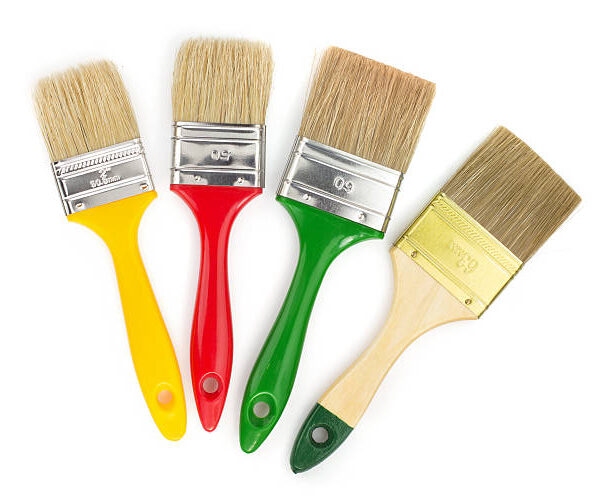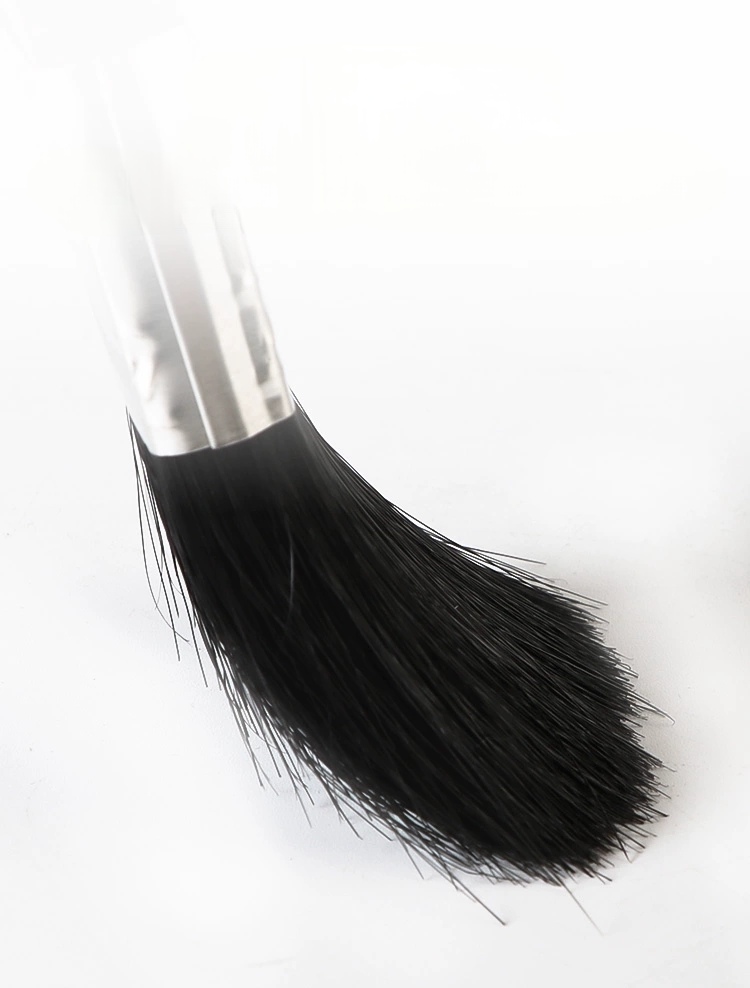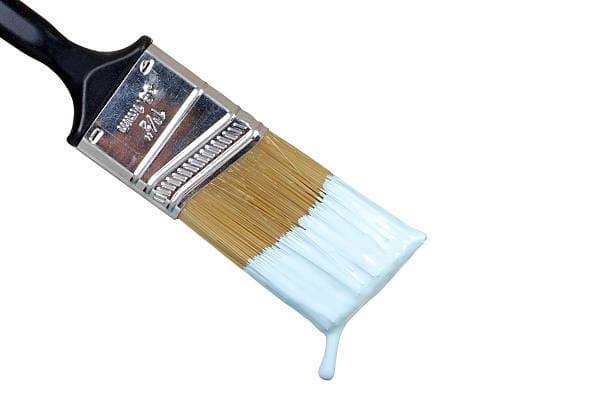Choosing the right paint brush is an important decision for both professional painters and DIYers. One of the primary considerations is the material of the brush bristles, with synthetic and non-synthetic options being popular choices. In this article, we will talk about the distinctions between synthetic and non-synthetic paint brushes, aiding users in making informed decisions about their preferred painting tools. As a dedicated paint brush manufacturer with a focus on B2B engagements, we aim to provide valuable insights to help you choose the right paint brush.

Understanding Synthetic and Non-Synthetic Brushes:
Synthetic Paint Brushes:
Crafted from man-made materials such as nylon or polyester.
Designed to mimic the characteristics of natural bristles.
Often more affordable than non-synthetic brushes.
Suitable for water-based paints like acrylics.
Non-Synthetic (Natural) Paint Brushes:
Made from natural materials, commonly hog hair or other animal hair.
Known for superior paint-carrying capacity and smooth application.
Typically more expensive than synthetic brushes.
Ideal for oil-based paints due to their ability to hold and distribute thicker paints.
Key Differences:

Bristle Material:
Synthetic brushes use man-made materials, while non-synthetic brushes utilize natural fibres.
The choice of bristle material impacts the brush’s performance with different types of paint.
Performance Characteristics:
Non-synthetic brushes are often favored for their superior paint-carrying capacity and ability to create smoother finishes.
Synthetic brushes offer advantages like durability, especially in humid conditions, and are suitable for specific paint types.
Price Point:
Synthetic brushes are generally more budget-friendly than non-synthetic options.
Non-synthetic brushes, crafted from premium natural materials, tend to be pricier.
Paint Compatibility:
Synthetic brushes are compatible with water-based paints like acrylics.
Non-synthetic brushes excel with oil-based paints due to their bristle characteristics.

What Is the Difference Between Synthetic and Non-Synthetic Paint Brushes?
In essence, the difference between synthetic and non-synthetic paint brushes lies in the material of the bristles, which influences performance, price, and paint compatibility. While non-synthetic brushes are esteemed for their traditional qualities, synthetic brushes offer versatility, durability, and cost-effectiveness.

Conclusion:
Selecting between synthetic and non-synthetic paint brushes depends on individual preferences, the nature of the painting project, and the desired finish. As a reputable paint brush manufacturer catering to B2B clients, we understand the importance of offering a diverse range of brushes to meet varied needs. By providing insights into the differences between synthetic and non-synthetic brushes, we aim to assist our clients in making well-informed decisions that align with their artistic or professional requirements.
